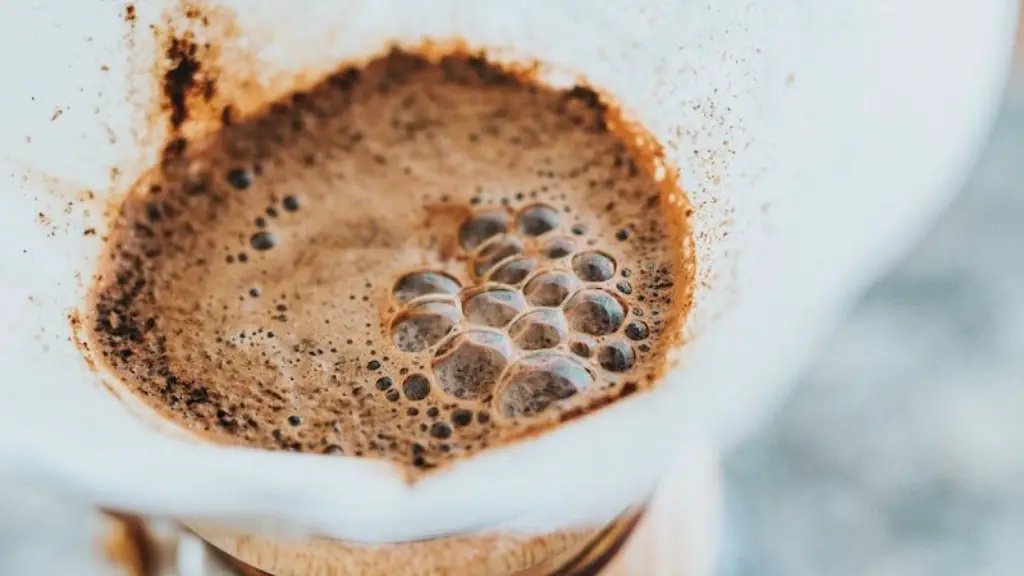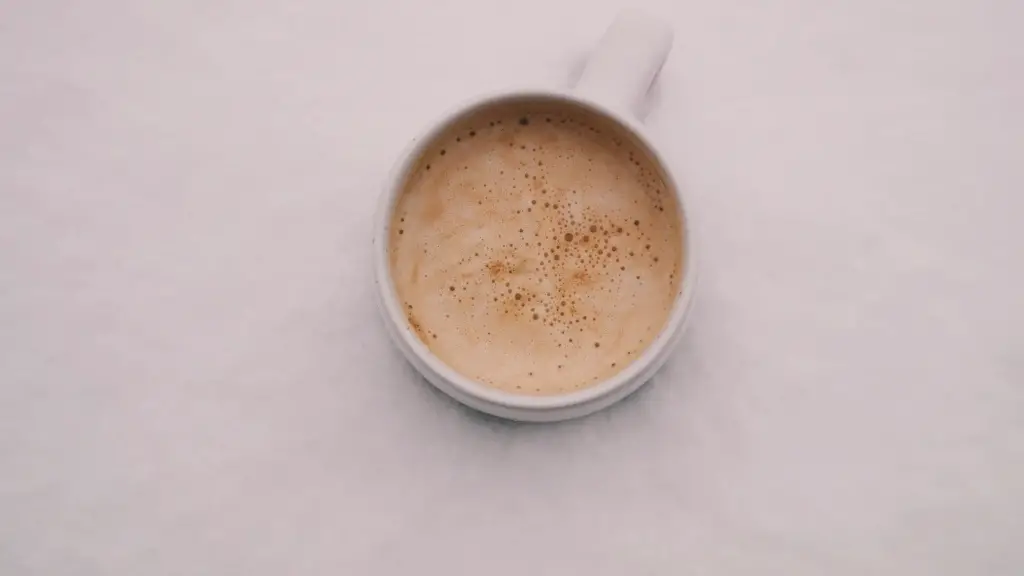What Are The Possible Effects of a Toddler Drinking Coffee
Coffee, a beloved beverage of adults, is usually not associated with toddlers. Nonetheless, some adults forget that their young ones are out of their site and curious enough to investigate and potentially consume the beverage. It is best to know what the consequences of a toddler drinking coffee may be in order to best prepare oneself for the potential situation and know how to act in the most informed and measured way.
The Nutrients In Coffee
Coffee is known to contain a wealth of nutrients that are beneficial for adults like Vitamin B2 and B3, Magnesium, and Potassium – yet, such nutrients pose potential dangers for younger bodies. A two-year-old’s body is still in the process of growing and coffee may disrupt the delicate and necessary processes, leading to medical complications.
The Caffeine Factor
The most severe concern of a toddler drinking coffee is the amount of caffeine that it contains. A cup of brewed coffee leads to an intake of around 95 milligrams of caffeine, while a cup of instant coffee contains around 27 milligrams per cup. As caffeine is a stimulant, it can have undesirable effects on young bodies, leading to seizures, coma, and death in some cases.
Possible Symptoms Of Caffeine Overdose
Signs that a toddler has had too much caffeine include restlessness, insomnia, irritability, headaches, and muscle tremors. For young children, the amount of caffeine needed to lead to caffeine overdose is much lower. As such, an amount as low as two to six milligrams per kilogram of bodyweight could be enough to cause a caffeine overdose.
Third-Party Dangers Of A Toddler Drinking Coffee
Not all risks of coffee overdoses are limited to the coffee itself. As can happen with any beverage, the container of coffee can be a source of ingested danger if shattered or spilled. Additionally, the milk, sugar, and creaming agents that are often added to coffee – which could be attractive and sweet to young tastebuds – could be a source of additional danger, in the form of sugar-shock or an allergic reaction.
Ways To Prepare For A Toddler Drinking Coffee
The most surefire way to prevent a toddler from drinking coffee is to make sure they never have access to the beverage. Plat appropriate boundaries and talk to older siblings and other adults around the toddler to ensure that none of them leave coffee cups within reach. When possible, it is also wise to invest in safety locks and lids for containers and bottles so that toddlers cannot access them.
What To Do If A Toddler Has Already Drank Coffee
If the worst does happen and a toddler does drink coffee, it is best not to panic. Try to assess the amount of coffee that was consumed and then make sure to seek medical advice as soon as possible. Symptoms should also be monitored to make sure that no danger presents itself. That said, every situation is different, and so it is best to resort to reliable medical professional judgement.
Responsibility
Every case of a toddler drinking coffee raises an oft-overlooked question: who is responsible? Parents, guardians, and responsible adults are accountable not only for assessing how their own behavior impacts the safety of their toddlers but also for the behavior of any other adults in their care. It is essential to always be on the lookout for dangers and – where possible – to provide the necessary guidance to others who may not be as aware of the potential dangers of young ones drinking coffee.
Consultation
Before any action is taken in the case of a toddler drinking coffee, it is always wise to have a consultation with a medical professional. It is essential to have someone on hand who is knowledgeable and experienced in such cases in order to be able to take the right steps in an informed and measured manner.
Educating Others
At the end of the day, education is the best tool available to deploy in the case of a toddler drinking coffee. Even though these cases may seem isolated, they only highlight the need to educate others – both children and adults – about the dangers of leaving coffee accessible to children. The same principle needs to be extended to other bottles and containers that may present dangers to young ones.
Lower Sugar Alternatives
Despite the risks associated with coffee for young ones, the drink is so popular and omnipresent that it can be difficult to avoid. To hence lower the risk of toddlers drinking coffee, opting for lower sugar beverages and decreasing how much coffee is present in the house are two viable options. Additionally, if it is still desired for a toddler to accompany an adult for their coffee moment, then it is best to avoid adding sugar and any other concoction – like milk – to the coffee.
Specialized Coffee Mixtures
Another option to consider is to look for specialized coffee mixtures designed specifically for young ones. This is not only limited to coffee but could also target tea-based drinks and other beverages. In any case, the best way to guarantee that your toddler is consuming the correct and right type of beverage is to check the labels and talk to the vendor.
Important Questions To Ask
Whenever considering how to keep a toddler safe from drinking coffee, it is important to ask certain questions in order to assess what is required. Some of these may include: is the coffee kept out of sight? Are there any specialized coffee mixtures catered to children? How can the risk of a toddler drinking coffee be mitigated? And finally, what should one do if their toddler does drink coffee?
Storage Solutions
Although it might seem simple, the best way of avoiding a toddler drinking coffee is to make sure that the beverage is kept out of sight and remains completely inaccessible to them. This can be done through the help of additional storage measures such as cabinets or drawers and will help to remind adults to stay extra vigilant in making sure that their young ones are away from any temptation.
Hygiene Considerations
Hygiene is an oft-overlooked concern when it comes to a toddler drinking coffee. As with any other food or beverage, it is important to make sure that any coffee cups or complementary items are correctl;y washed and sterilized before being left within reach of children. Not doing so could lead to additional dangers that are not always linked to caffeine overdose.
Caffeine-Free Alternatives
Finally, to completely avoid any mishaps, some parents opt for caffeine-free beverages for their toddlers. This also helps to keep the need for storage and hygiene to a manageable level as beverages like hot chocolate and warm lemon shakes are much easier and quicker to prepare. Additionally, such beverages contain vitamins and minerals that are salubrious for the development of children – and pleasant enough to be savored by adults.




